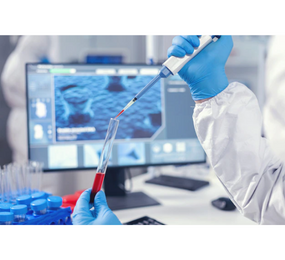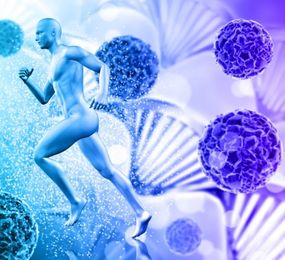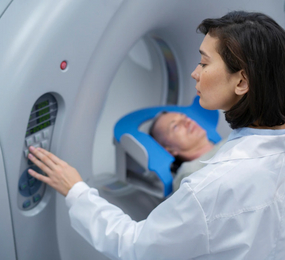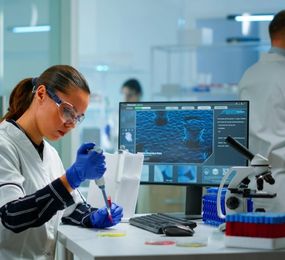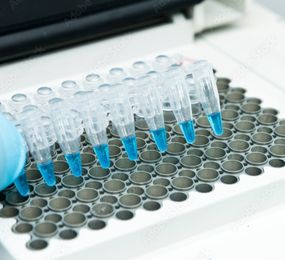Sustainability in Bioprocessing: Reducing Environmental Impact in Biologics Manufacturing
The biopharmaceutical industry, a cornerstone of modern medicine, has made significant strides in developing life-saving therapies. However, the manufacturing processes associated with biologics production can have a substantial environmental impact. As the industry continues to grow, there is an urgent need to adopt sustainable practices to minimize its ecological footprint.
Sustainability in bioprocessing involves implementing strategies to reduce energy consumption, water usage, and waste generation. This can be achieved through a variety of approaches, including process optimization, energy-efficient technologies, and the use of renewable energy sources. For instance, advancements in fermentation technologies have led to more efficient bioreactor designs that require less energy input. Additionally, the integration of real-time monitoring and control systems can optimize process parameters, reducing waste and energy consumption.
Another critical aspect of sustainable bioprocessing is the adoption of green chemistry principles. This involves minimizing the use of hazardous chemicals and solvents, as well as developing environmentally friendly purification and formulation processes. By incorporating sustainable practices throughout the entire manufacturing lifecycle, the biopharmaceutical industry can significantly reduce its environmental impact while ensuring the continued production of life-saving therapies.
Visit our website to know more: https://www.leadventgrp.com/events/2nd-annual-bioprocessing-and-biologics-forum/details
For more information and group participation, contact us: [email protected]
Leadvent Group - Industry Leading Events for Business Leaders!
www.leadventgrp.com| [email protected]




